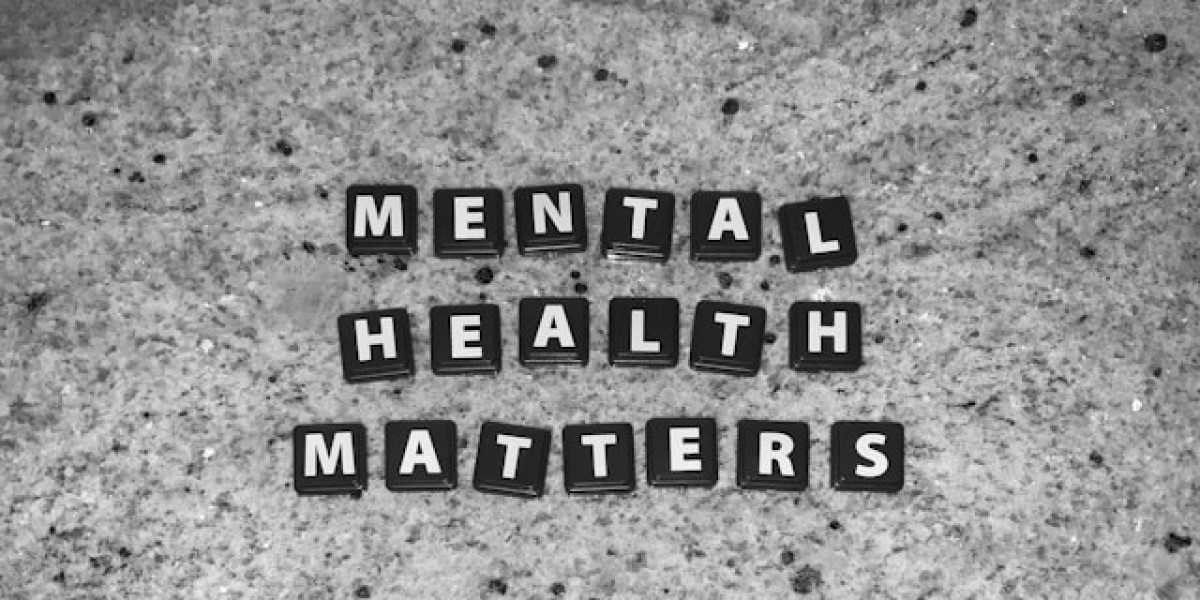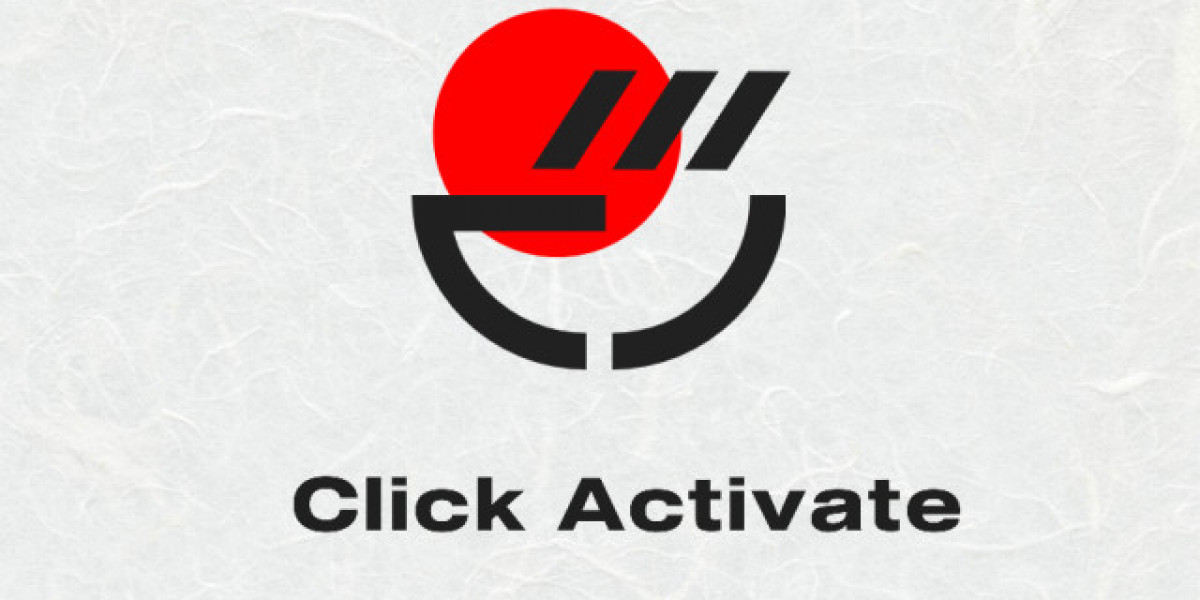The health and wellness industry is growing rapidly, fueled by more people focusing on self-care, holistic health, and preventive wellness.
As people prioritize their well-being, they are spending more on products that enhance both their mental and physical health. This includes items related to nutrition, fitness, skincare, and mental wellness tools. Let's take a look at the most popular digital mental health products for sale that any psychologist or therapist can create.
The Growth of Health-Conscious Consumers
People today are more aware of how important their mental health is. As a result, they're choosing products that support their overall wellness. Here are three key points:
- Demand for health and wellness products is rising. Consumers want everything from natural remedies to exercise gear. They seek more than just quick fixes for their well-being.
- Trends play a big role. Social media and online platforms have boosted the health and wellness market. Influencers and celebrities showcase various health products, making them more appealing to everyone.
- Using mental health apps can effectively lower stress in various ways. Many of these apps offer quick access to methods like meditation, breathing exercises, and mindfulness, which can help you manage stress easily.
This trend has created a community where health-conscious people share their experiences, driving high demand for these products.
Ecommerce Products to Sell
- Online courses and educational resources
Selling online courses and educational resources can be a great way to tap into the booming e-learning market, which is expected to grow to $840 billion by 2030. Offering online courses on mental health issues or simply improving health can lead to lasting success.
Start by figuring out what skills you can teach. This could be anything from meal planning and personal finance to gardening or tech topics, like resume writing.
Once you know your focus, think about what you want your readers to achieve by the end of the course. What should they know or be able to do?
If you're a creator or influencer, consider making courses about your areas of expertise, such as healthy living, stress management or professional skills. For doctors who have their own websites, think about topics like content marketing, social media, or SEO.
Make your courses engaging by adding interactive elements like quizzes. This helps prevent passive learning and keeps readers involved.
- Printables online
You can sell digital products like printables online. These are files that customers can download and print when they want. Printables are a budget-friendly way to create customized quality products for different audiences. People can use these files for personal projects, crafts or reaching their goals, including:
- Wall art
- Planners
- Greeting cards
- 3D printer models
- Motivational stickers
You can also offer printable coloring pages and worksheets for kids, combining fun and learning.
- Podcasts and video courses
Podcasts and video courses can greatly benefit mental health for a variety of reasons. Here’s how they help your target audience:
Convenience and Flexibility: One major advantage is that these resources are available whenever and wherever needed. For those with busy lives or limited access to in-person therapy, expert-led podcasts and video courses can be accessed on-demand. This allows individuals to seek mental health support at the right moment without waiting for appointments.
Affordable Options: Therapy can be costly, and not everyone can afford regular sessions. Prices for podcasts and video courses are usually much lower, making mental health support more reachable for many people. This opens up options for those who might struggle to access traditional therapy.
Self-Paced Learning: Video courses allow users to learn at their own speed. Some may need extra time to understand certain ideas or practice techniques. The ability to pause, think, and revisit material makes learning more personal and effective.
Podcasts and video courses also provide a private way for individuals to engage with mental well-being topics without feeling exposed. This is especially beneficial for those who are new to therapy or hesitant to seek help face-to-face.
- Ebooks and guides
Ebooks are a great way to share knowledge and can also generate passive income. Once created, an ebook can continue to earn money with little ongoing effort, especially in non-fiction categories like guides or how-to books. After you invest the time to write it, you can profit from it over time. There are various ways to sell your ebooks. You might choose to sell them on your own website or membership platform, or you could list them on a site like Amazon Kindle Direct Publishing.
- Human care apps
In recent years, human care apps are becoming popular as they tackle mental health needs in new ways. However, sometimes you still need to see a licensed professional. Finding one through traditional methods can be challenging. Luckily, several apps are designed to connect users with licensed providers in their area, known as telehealth for mental health. You can create your own app if you have some product ideas! Also, if you need guidance on the technical aspects, consider these options.
First, think about whether to use an app-building platform or to develop a custom app.
- Option 1: Free or Low-Cost Platforms
For a budget-friendly and straightforward route, no-code platforms or app builders can work well if you don't need advanced features. Many offer easy drag-and-drop tools to help you create and launch an app without any coding skills. Some examples are:
Appy Pie and Adalo: These platforms let you design your app, add payment options, and include features like booking systems or content libraries, all without technical skills.
Wix and Squarespace: If you want a simple website with app-like features such as blogging or scheduling, these website builders are good choices.
Thinkific and Teachable: These are ideal for creating platforms for courses or workshops without needing coding experience. These tools let you start quickly and at a low cost, but they may limit customization and growth.
- Option 2: Hiring a Software Developer (Custom Development)
If your app needs specific features like video chat, client management, or a unique design, hiring a developer is a good option. Consider the following:
Custom Features: A developer can create the exact capabilities you want, such as secure video calls or integrated billing.
Scalability: If you plan to grow or offer more services, custom development allows you to adapt your app as your business expands.
Budget: Custom apps can be pricey, requiring a budget for development, testing, and maintenance. Be ready for this investment; it gives you control over user experience. When hiring developers, choose those experienced in health-related apps. It’s crucial to ensure data security and comply with regulations like HIPAA in the U.S. for handling sensitive information.
Integration and Testing
Once you finish designing the app, integrate the following features:
- Scheduling and booking systems will help clients book appointments easily.
- If you charge for your sessions, add payment gateways like Stripe or PayPal.
- For live sessions, consider using video tools like Zoom or Google Meet, or create your own video options using integration with the Practice management system you use.
Before launching, testing is essential. Use the app yourself and ask friends or coworkers to try it out. This will help you spot any bugs, usability problems, or security issues.
Conclusion
Mental health plays a crucial role in overall well-being, and the need for products that support emotional and psychological health is growing. Entrepreneurs have many chances to make a difference with tools, calming remedies, or self-care resources. By creating products that address mental health needs, businesses can reach a larger market while contributing to people's happiness and health. As awareness of mental health increases, the future looks promising, offering both business opportunities and a chance to support an important social movement.


